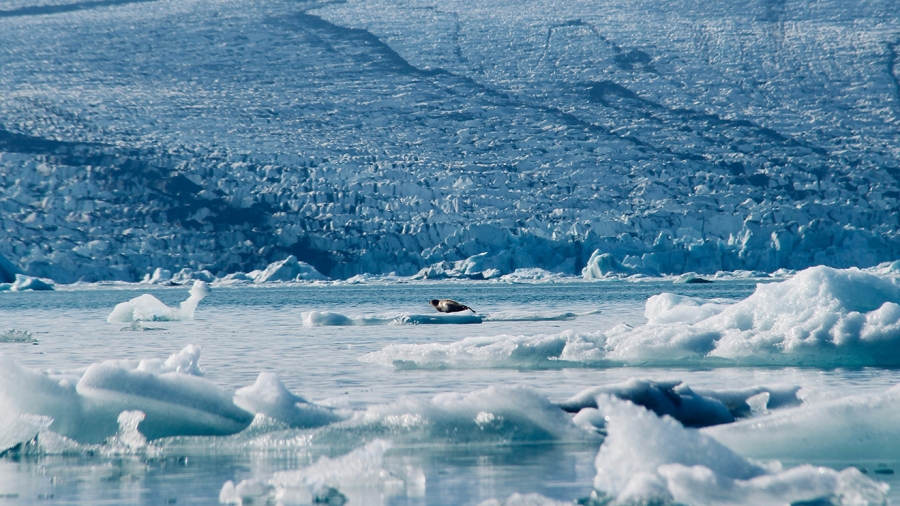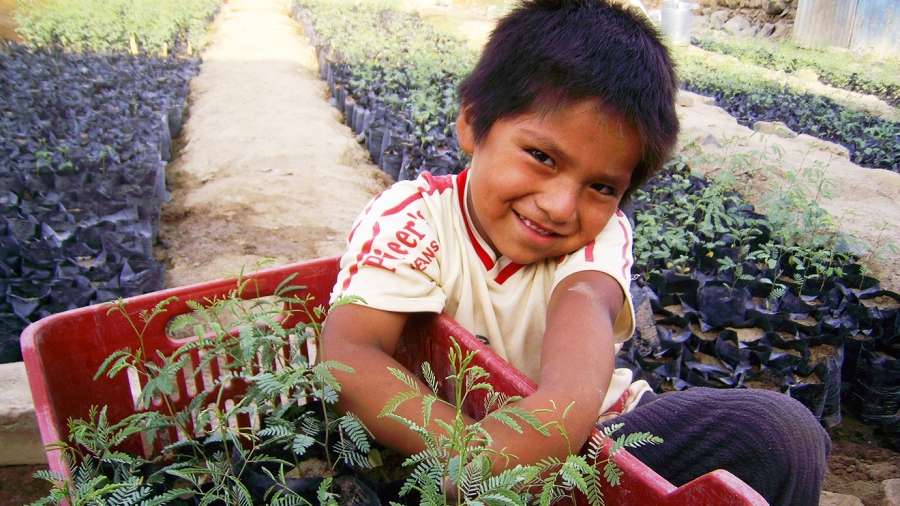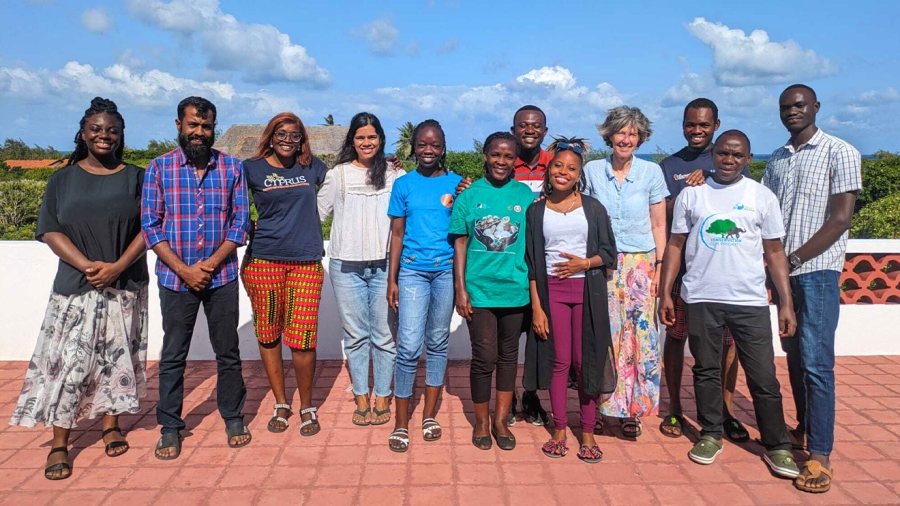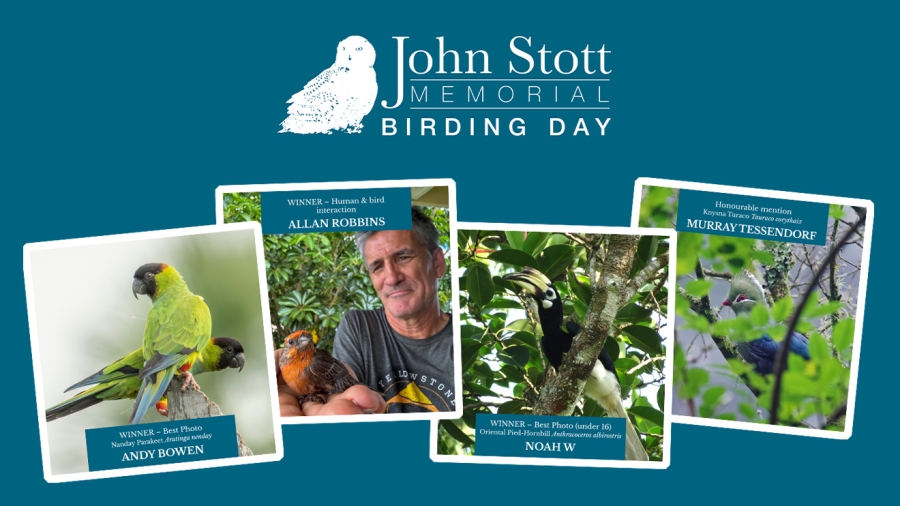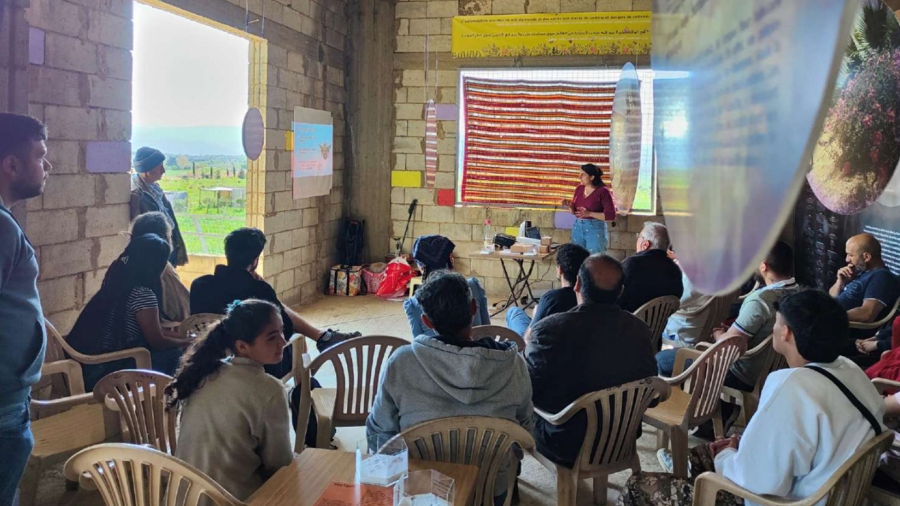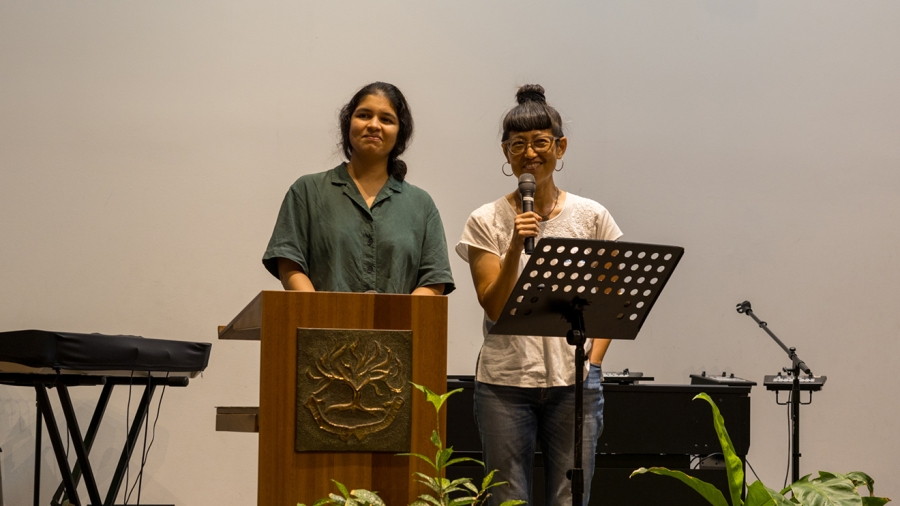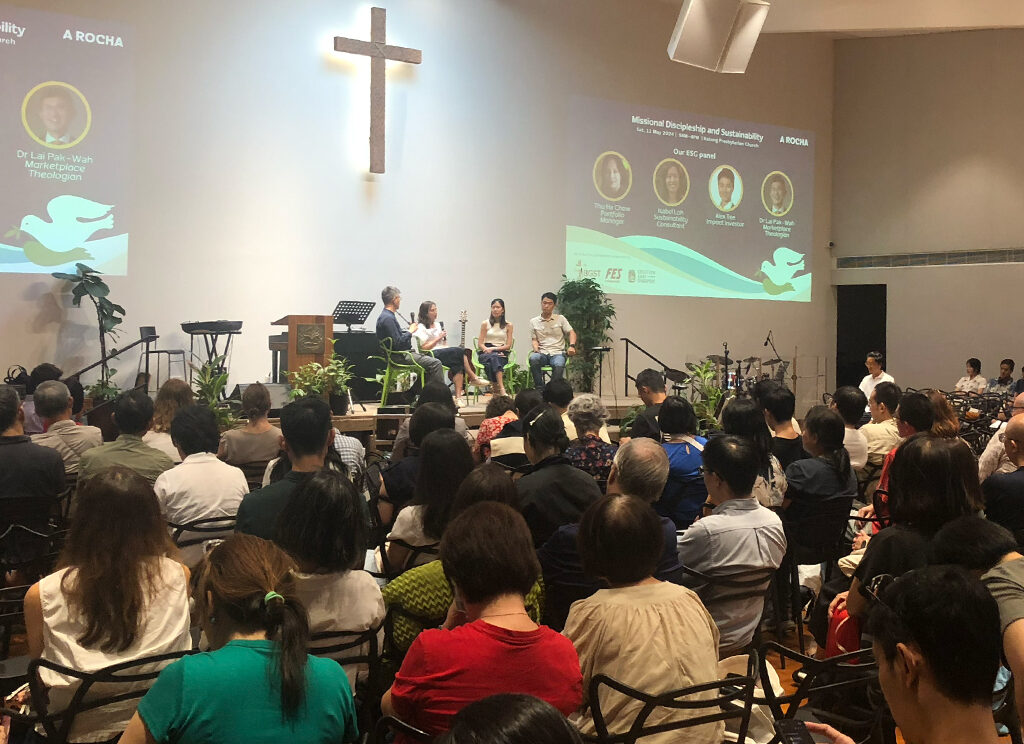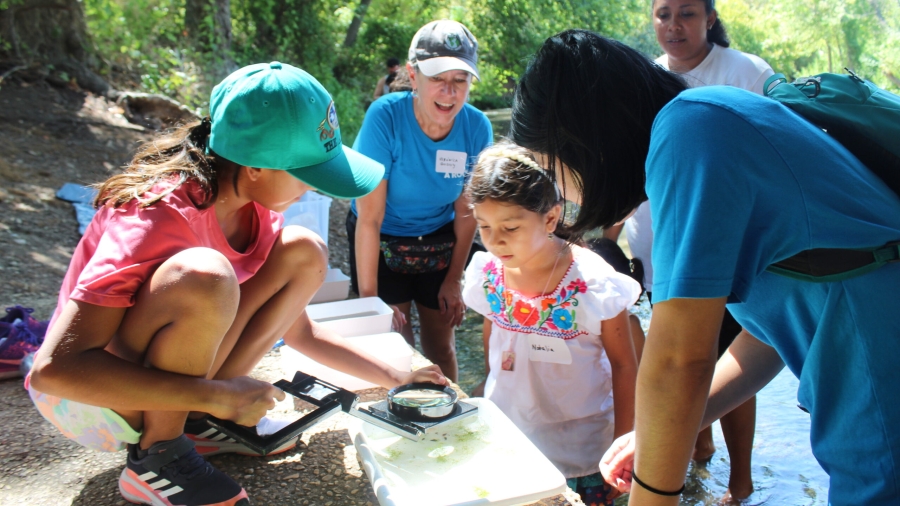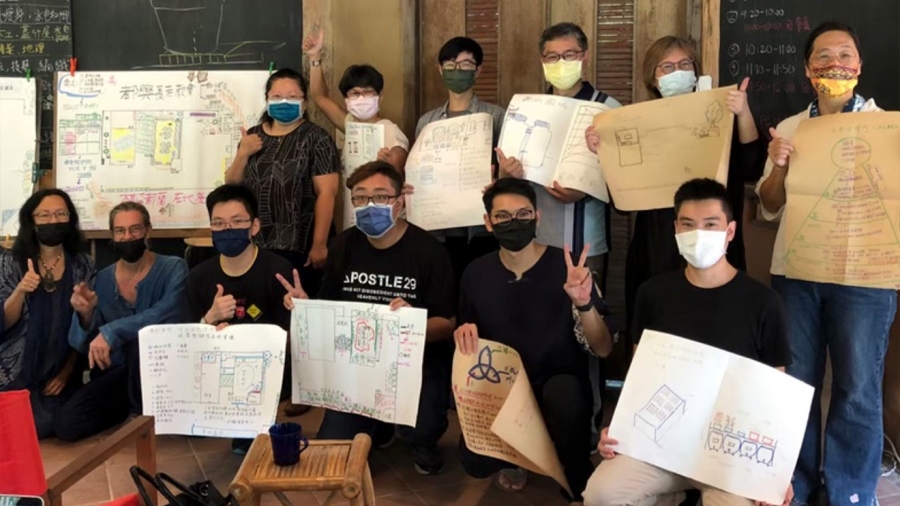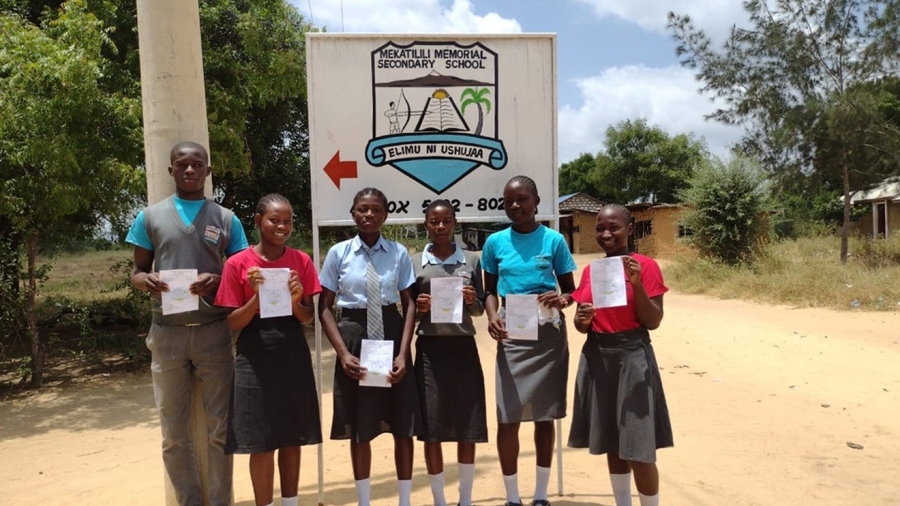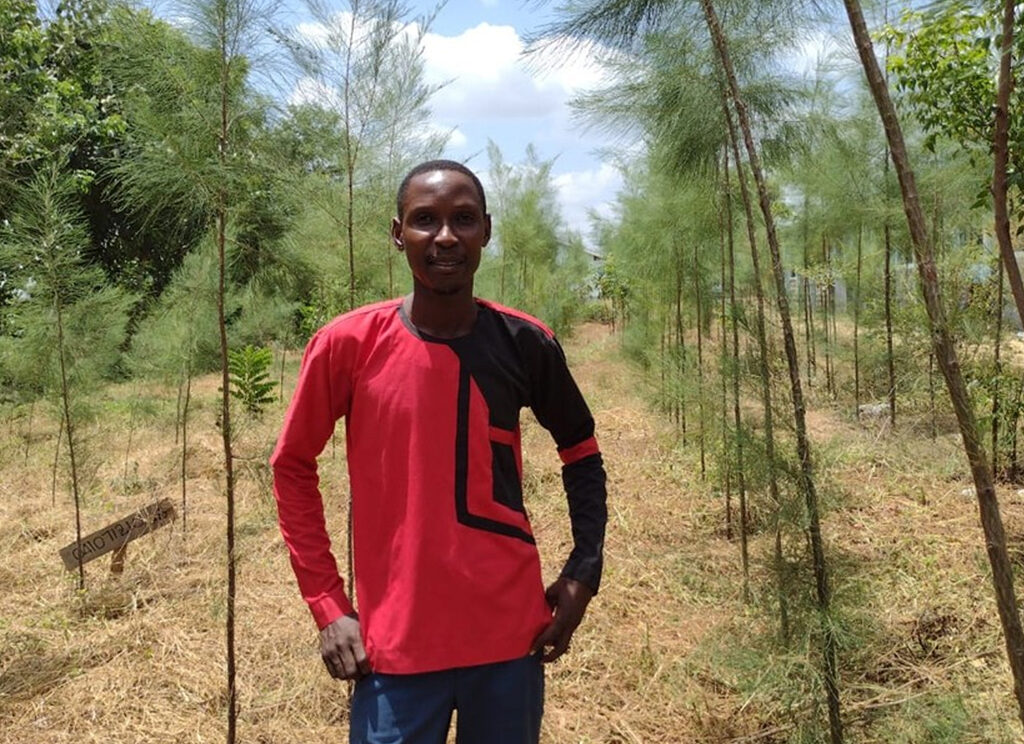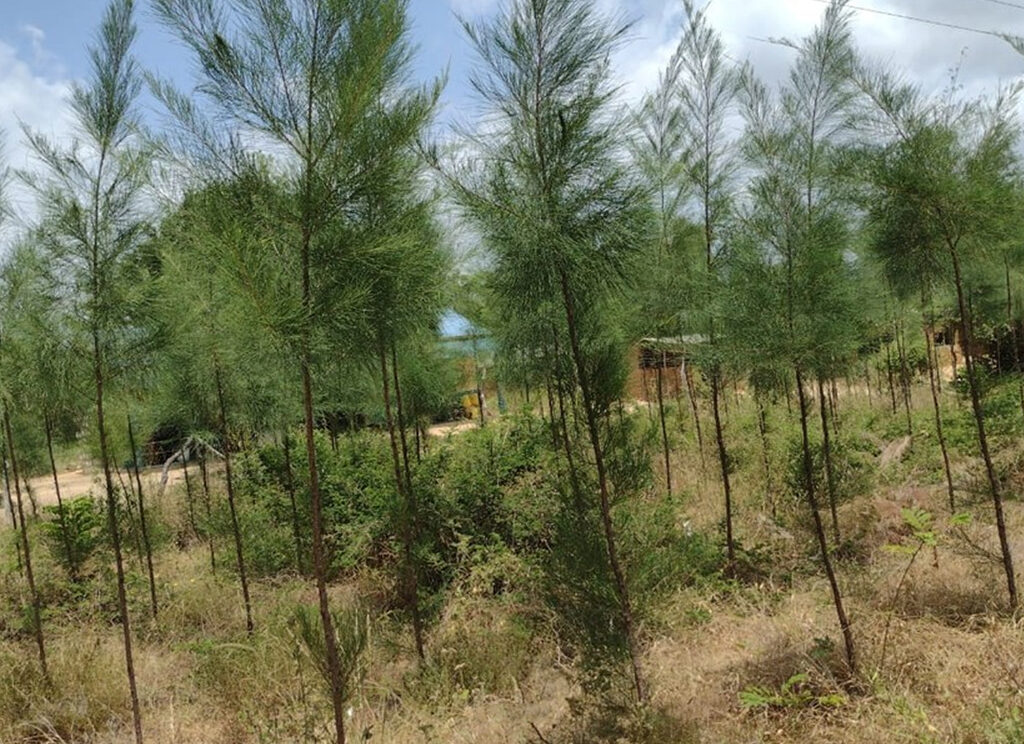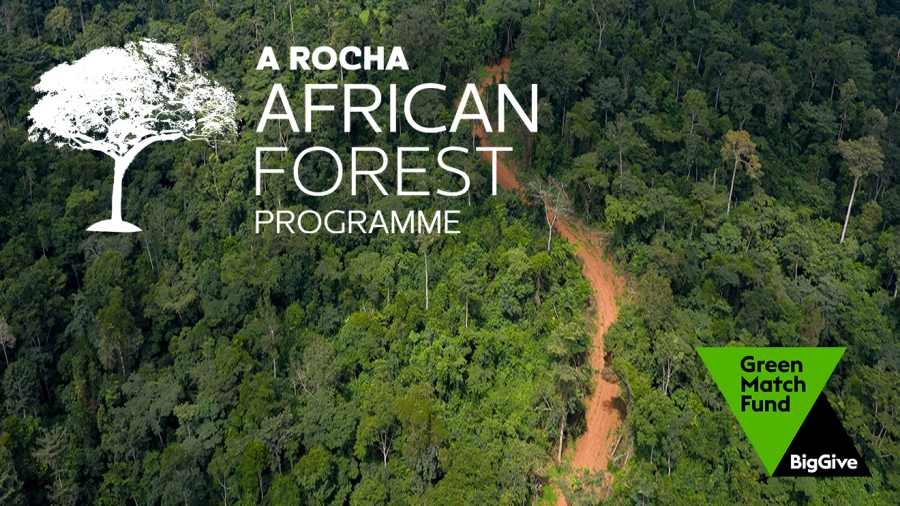Should climate action come before biodiversity conservation?
In the words of our friend and climate scientist, Katharine Hayhoe, indigenous groups, communities of colour and the poor often suffer the effects of climate change ‘first and worst’. We add that vulnerable species like bumblebees, corals and Neotropical amphibians are also some of the first victims of a warming world. We are facing not one, but three global crises: the rapid loss of our planet’s biodiversity; climate change and a rapid increase in the global average temperature; and increasing inequality and poverty. These problems are interconnected, but so are their solutions! Nature-based Solutions work with and enhance nature on land and sea, providing benefits for both human wellbeing and biodiversity while addressing climate change.
Forests are popular as carbon sequestration powerhouses, but they’re not alone: grasslands store about a third of the global terrestrial carbon, and research shows that restored meadows can become natural carbon sinks. A Rocha Switzerland is restoring dry meadows by removing invasive species and supporting farmers to manage the land more ecologically, while A Rocha France is restoring wet meadows in the llon Marsh. The carbon replenished in the soil can be even more stable than carbon sequestered in trees, which are vulnerable to wildfire, drought and disease.
Meanwhile, seagrasses are vital marine meadows which store vast amounts of carbon while providing thousands of species with food, shelter, breeding and nursery areas, and habitat corridors. A Rocha Kenya has developed a seagrass identification guide to help conserve seagrass in Watamu Marine National Park. Of the 12 species of seagrass recorded in Kenya, 11 have been found in this critical site! In Florida, A Rocha USA assists a local zoo with their seagrass restoration programme by monitoring test sites to determine the best places for restoration. These ‘blue carbon’ solutions are a win for both climate and biodiversity, especially Red Listed species like the sea cucumbers and manatees that depend on seagrass.
Growing trees is a tried-and-true Nature-based Solution, when it’s done well. A Rocha Ghana supports local smallholder farmers to plant native and fruiting trees in Lake Bosomtwe. Using an agroforestry model, they intersperse trees with food crops: this supports livelihoods in communities that are already feeling the impacts of climate change, such as irregular rainfall, while also sequestering tonnes of CO2. In addition to the agroforestry models, A Rocha implements the ‘whole land planting’ approach which seeks to restore degraded areas within the Lake Bosomtwe Landscape, sequestering carbon and supporting wildlife.
Protecting intact forests and other ecosystems is just as important as restoration. Peru is home to some of the last Pacific Dry Forest remnants; sadly, only three percent remains intact. A Rocha Peru works with local communities in Pacasmayo to restore the degraded Dry Forest and sustainably manage the remaining landscape. With support from Climate Stewards, A Rocha reduces pressure on the forests by providing clean cookstoves to low-income families. Each cookstove gives a family a safer, cleaner and more efficient way to cook, while reducing the need for wood and charcoal from local forests.
Nature-based Solutions are not a substitute for the need to phase out fossil fuels rapidly. They are a powerful strategy for addressing the interconnected global crises we face and a means by which we express love towards our human and non-human neighbours. You can read the A Rocha Worldwide Family’s position on Nature-based Solutions to climate change here.
